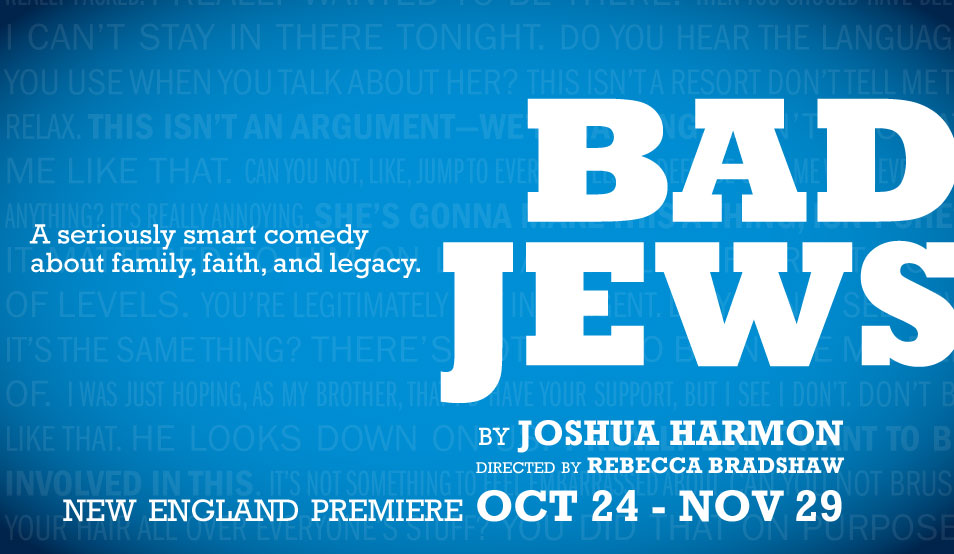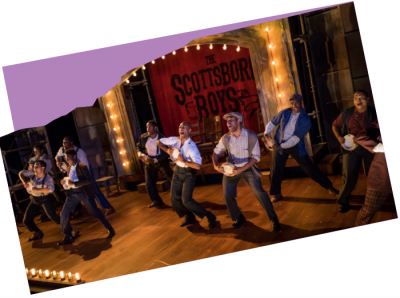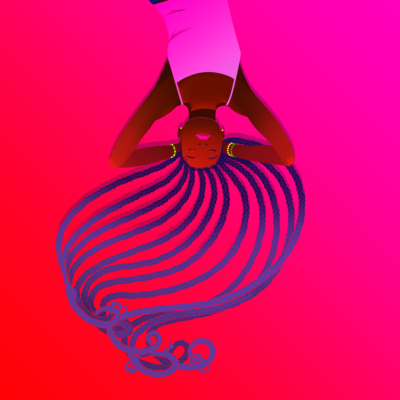Your donation sets the stage for a new season of Boston's most intimate, entertaining and provocative plays and musicals. Our shows make powerful connections with our audiences-- and they are only possible because of you.
Bad Jews – A Rabbi’s Reflections




Bad Jews – A Rabbi’s Reflections
Bad Jews is described as “a seriously smart comedy about family, faith, and legacy.” I would heartily agree… but we must also acknowledge that many people will find it provocative and perhaps even offensive. In the current charged political climate following this past summer’s war between Israel and the Hamas-controlled Palestinian area of Gaza, many Jews are particularly sensitive to the increasing incidents of anti-Semitism around the world – reflecting the complexity of this tragic conflict, as well as the unfortunate conflation of Jews as a universal spiritual and cultural community, and the policies of the Israeli government. The sight of even the startling title of this play posted in large marquee letters across the front of theatres will certainly be a matter of sensitivity to many, in light of this heightened anxiety.
However, the ideological debates and family dynamics portrayed in this production are familiar to many people – perhaps most – and it is the “close to home” reality being enacted on stage that may well be the greatest source of the play’s impact. Needless to say, the Jewish setting for this script is but one variation of these debates and dynamics…families of all ethnicities and religions experience the same challenges and struggles in the pluralistic society of contemporary America, where the transformation of cultural identity and the diffusion of traditional religious faith in each successive generation impacts every group. There is an entire genre of drama that portrays similar themes in Irish Catholic families for example… and the differing expressions of religious faith between parents and siblings of old established “White Anglo-Saxon Protestant” clans is the backdrop for much of contemporary fiction. There are Daphnas, Liams, and Jonahs in every family… and in our free and open society, “outsider” Melodies may be received just as ambivalently in Latino, Asian and African American families as much as among Jews. Hence the broad appeal and “ring-true” quality of this production in diverse regions of the country.
As a rabbi, perhaps my major response to the play is recognizing the challenge presented by the figure of Daphna – who embodies much of the biased, narrow-minded and exclusionary zeal of “true believers” of all faiths. Her personal insecurities and inner struggles are cloaked in her “holier than thou” diatribes, and reflect the mindset of religious extremists everywhere – who find support and reinforcement in the discovery of religious commitment often based on meager knowledge and selective interpretation. I have read many of Joshua Harmon’s narratives of the influences and experiences he brought to the writing of Bad Jews, and he certainly seems to have this issue in mind. However, I was also struck by the parallels and echoes of deeper themes from Jewish tradition that he apparently was not consciously aware of. I say “consciously”, because he does make specific reference to the rituals of the Passover Seder, and regardless of the degree of his own level of Jewish belief or observance, he very likely has many memories and impressions of this particular tradition. It is striking how his four characters dramatically embody the imagery of the famous “Four Children” parable in the Passover Haggadah – the liturgy of story, prayer, song and ceremony that is used for the Seder. This text describes four different character types and their responses to the celebration – paradigms of the different approaches to Jewish identity and commitment within the community. The four types are, respectively, “wise” and faithful, “wicked” and mocking, “simple” and vaguely curious, and finally, so unfamiliar that they are “unable to even ask the questions…” It is hardly a stretch to see Daphna, Liam, Jonah and Melody respectively, in each of these images! The contemporary, post-modern twist of course, is that the qualities that constitute “Good Jews” and “Bad Jews” in this typology are turned around – the “wise” Daphna is arrogant and offensive; the mocking, alienated Liam does have a deep down connection; and in the end, it is the “simple”, inarticulate Jonah and the even more ethereal and clueless Melody that together emerge as the most redeeming and positive forces.
Bad Jews consequently does what all good drama and all authentic spiritual engagement seek to aspire to – it may not “comfort the afflicted”, but it most certainly “afflicts the comfortable”… and in true Jewish fashion, poses hard questions rather than providing easy, convenient answers….
Rabbi Howard A. Berman
Central Reform Temple of Boston
 Past Productions
Past Productions LAUGHS IN SPANISH
LAUGHS IN SPANISH PRU PAYNE
PRU PAYNE ain't no mo'
ain't no mo' a man of no importance
a man of no importance JAJA’S AFRICAN HAIR BRAIDING
JAJA’S AFRICAN HAIR BRAIDING




